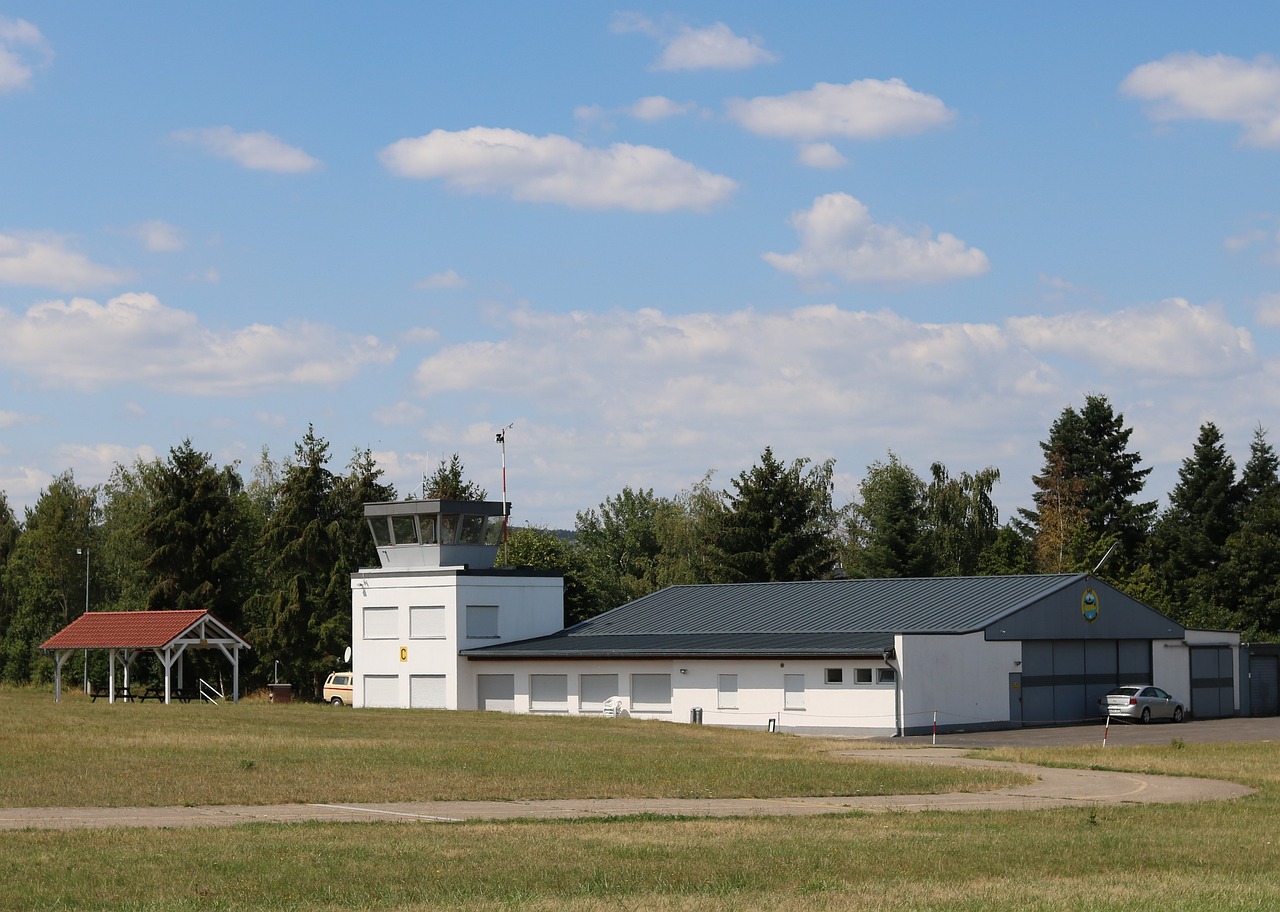At the 2014 Consumer Electronics Show (CES) in Las Vegas, Ford Global VP/Marketing and Sales, Jim Farley, said, “We [Ford] know everyone who breaks the law, we know when you’re doing it. We have GPS in your car, so we know what you’re doing. By the way, we don’t supply that data to anyone.”
Farley has since retracted his statements, but it’s a little too late…
What does this mean for traffic control moving into the future?
Farley envisions a day when the data can be used anonymously, possibly at sporting events or concerts, to help officials track and react to traffic issues with detours and better parking. Ford hopes customers do not have the wrong idea about the way they operate, claiming the company does not track its customers but the fact remains that the data is readily available.
Using GPS in vehicles for sporting events and concerts is a small scale application, while turning this technology over to the police could completely revolutionize traffic control. Imagine a time when you are automatically ticketed through your GPS when no police officers are around because the tracking system in your vehicle relays data to law enforcement every time you go 10 mph or more over the speed limit.
Speeding could be significantly reduced, but the logistics of tracking an entire country electronically and then enforcing fines and tickets might get tricky. For example, what if the registered owner of the car is not driving and a family member of a friend gets ticketed. How would this situation be handled? Typically, the registered owner of the car is responsible for automated tickets but imagine how much of our tax dollars would be spent as outraged car owners would go to court to fight these fees.
The list of “what ifs” is a long one but with more and more onboard GPS’s being installed not only in Ford vehicles but in cars and trucks around the world, it is very possible our own cars can regulate traffic control in the future.
Now that’s a scary idea.






